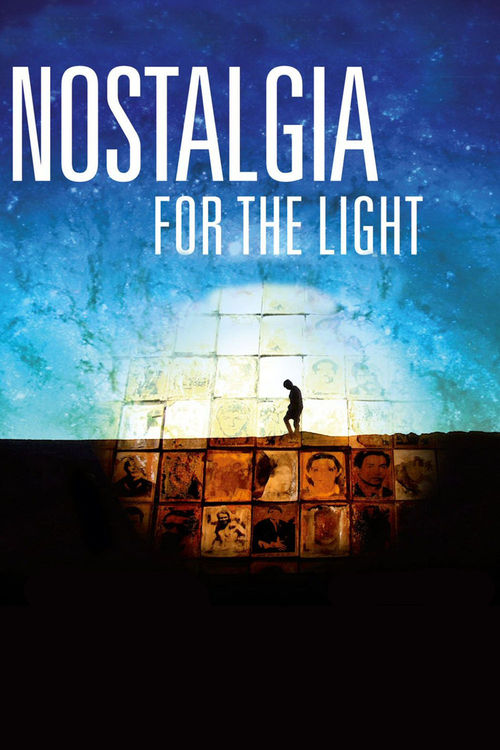What it’s about
Chilean filmmaker Guzman focuses his probing camera on a fundamental ontological question: how does a better understanding of the past enhance our lives in the present? He talks to astronomers who are researching the Big Bang and scan the skies for hints of our origins, as well as archeologists who study the land for signs of primitive life. He then draws analogies between their scientific search, and the quest of the women who still scour the Atacama desert for the remains of their loved ones — the political prisoners who disappeared during Augusto Pinochet's brutal regime in 1970s Chile.
Why we love it
Full of philosophical musings from the director himself, this haunting, profound documentary delivers a poetic meditation on time and memory, positing that all history needs to be investigated however distant or close. The film begins with the mechanics of a giant telescope, rotating and aiming upwards towards the infinite cosmos, and juxtaposes the vast heavens with the expanses on Earth that contain the secrets of the past. Intercutting beautiful celestial photography with poignant interviews from scientists, Chile’s concentration camp survivors, and relatives of the disappeared, this lyrical work reminds us that the personal is always political. Like those women digging for bones, Guzman continues searching for some sense of closure to the suffering.
